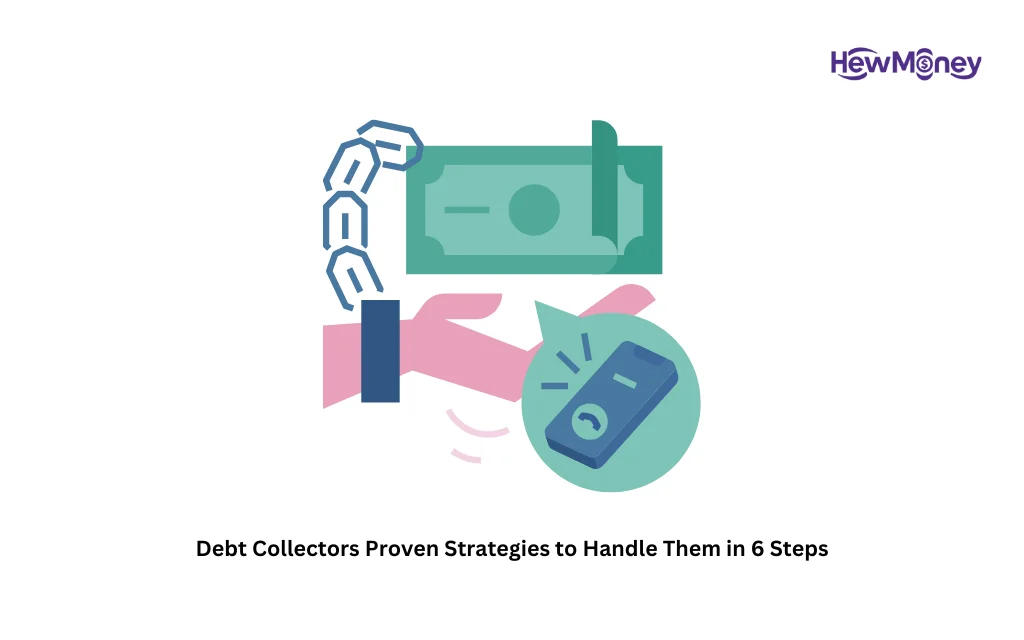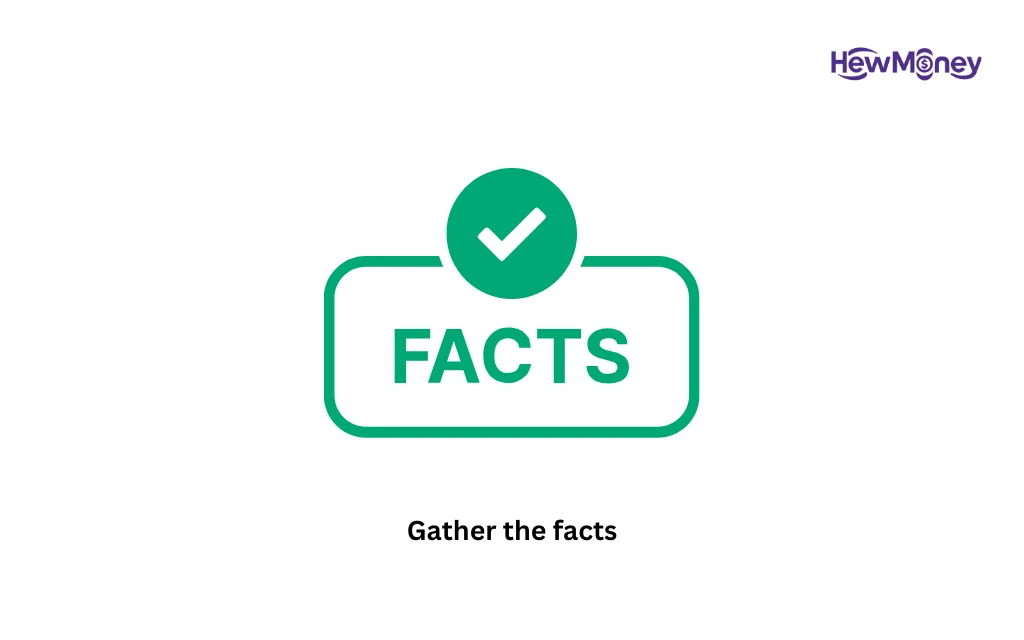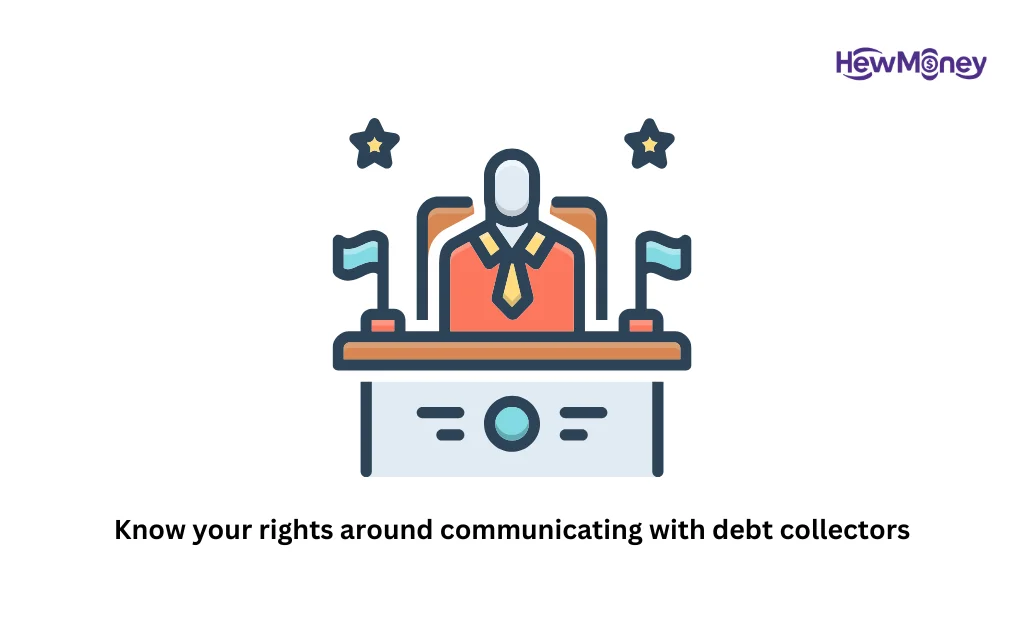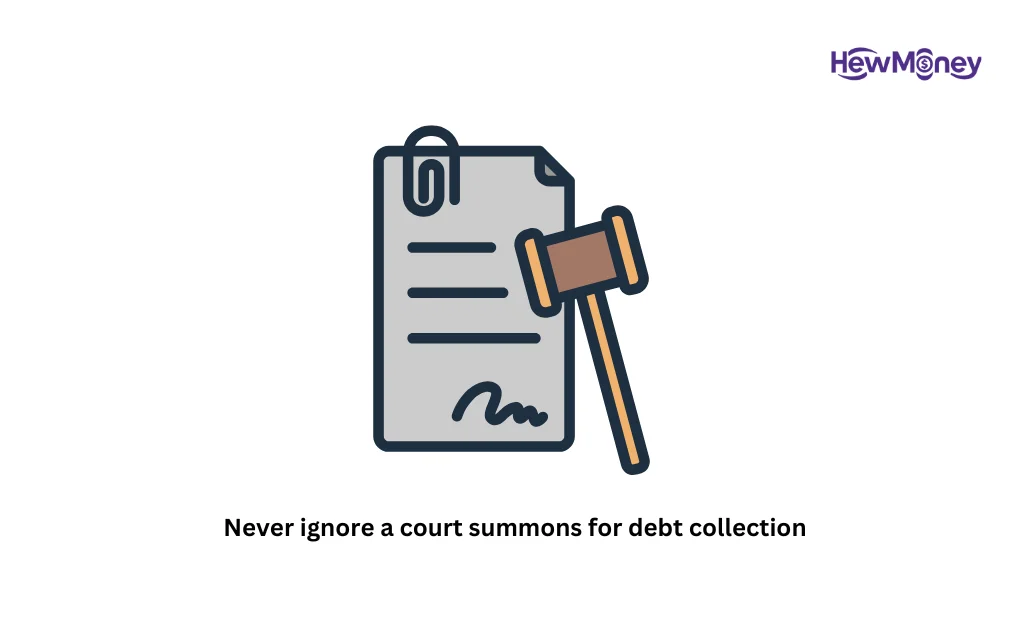Debt Collectors Don’t pay yet! Know your rights and validate your debt first.
You are being harassed by a debt collector who wants to collect money that you owe them. At best, debt collection strategies can be inconvenient; at worst, they may be exploitative or even unlawful.
In order to express your rights and make the best debt management decision, it is essential to know how to deal with debt collectors, including what they can and cannot do. Take these actions before to speaking or paying anyone:

What is a debt collector and what do they do?
A debt collector is an individual, organization, or business that is in charge of collecting money that is owed, typically on an account that is past due. Regarding a debt, debt collectors may contact you by phone, mail, email, or text message.
The original creditor will frequently sell a debt to an outside organization after it has been unpaid for several months. A third-party debt collector is what the buyer is referred to as. Third-party collectors are typically the only ones covered by the Fair Debt Collection Practices Act, which establishes guidelines for consumer debt collection.
6 steps for dealing with a debt collector
1. Don’t give in to pressure to pay on first contact
Do not rush to pay a debt collector when they get in touch with you, just as you would not sign a contract before reading its conditions. Spend some time considering your possibilities for paying off a debt that is in collections.
Debt collectors could put pressure on you to act right now. Avoid paying, do not commit to pay, and do not provide the collector with any payment details they might use later. Request details about the debt and promise to call back to talk about it later.
Even a small payment of $5 or $10 acknowledges the debt and can have significant consequences. For instance, paying out a debt after the statute of limitations has passed could result in a lawsuit or wage garnishment since it will restart the clock.
2. Gather the facts

Recordkeeping frequently suffers when a debt is sold to a third party by the original creditor, who may then resell the obligation, and so on. Many sold debts contain inaccuracies regarding the debtor or even the amount owing.
As a result, one of the main reasons why consumers complain to the Consumer Financial Protection Bureau is debt collection techniques. Customers being requested to pay debt they did not own was the main cause of the nearly 110,000 complaints that were filed about the issue in 2023 [1].
If a debt collector gets in touch with you, get some important details:
- If you do not receive a validation letter from the debt collector within five business days of making contact, ask them for one. Information on the debt, the collection agency, and how to contest the claim should all be included.
- If the debt is yours, collect your own documentation about it, such as your payment history and details on the original creditor.
- Maintain thorough records of every correspondence with the debt collector. For the finest documentation, you might want to utilize certified mail.
3. Know your rights around communicating with debt collectors

Your ally is the Fair Debt Collection Practices Act. This law protects you from aggressive collection practices and lays out your rights as a consumer. For example:
- You have the ability to dictate when and how debt collectors can get in touch with you, as well as to request that they stop communicating with you completely [2]. It is illegal for debt collectors to threaten violence or use foul language.
- You cannot be misled by debt collectors about who they are, how much you owe, or the legal consequences of not paying your debt—for example, by threatening to jail you.
4. Submit a complaint if the debt collector violates your rights
Recognize your state and federal rights during the debt collecting procedure. If you believe that your rights under the Fair Debt Collection Practices Act have been infringed, you have the option to lodge a complaint with the CFPB. There might be more consumer safeguards available in your state. The Federal Trade Commission and the attorney general of your state are excellent sources of information.
Know how to exercise your consumer rights and do not be scared to do so, whether that means writing to debt collectors to ask for more details about the debt or insisting that they stop contacting you.
5. Never ignore a court summons for debt collection

One popular and effective method for collection firms to obtain payment is through lawsuits for collections accounts. Wage garnishment, a bank levy, or a lien on your property are all possible outcomes of these lawsuits. Employ a lawyer with experience in debt collection defense. If you are unable to pay for court fees, use LawHelp.org or the Legal Services Corporation to find free or inexpensive legal aid services in your area.
6. Choose a debt payoff method or dispute debt collection
Selecting a payout strategy or contesting the debt as incorrect are the two most popular approaches to handling a debt in collections:
- Setting up a payment plan, paying off the debt in full with a single payment, or settling the debt to lower the amount you owe are your three alternatives for paying a collections account. Regardless of the choice you select, avoid giving the collector access to your bank account by setting up automated debits or giving them your debit card number. Get the arrangement in writing so you can hold the collector responsible if you agree to a payment plan or to settle the debt for less than what is owed.
- If you believe the information is inaccurate, you can challenge the debt; if you have previously paid it off, you can request a goodwill deletion. Make a copy for yourself and send the debt collector a written request. The collector cannot demand payment until the issue is resolved if you contest the debt within 30 days of the initial contact. You still have 30 days to contest the debt, but the collector may demand payment while the matter is being looked into.

